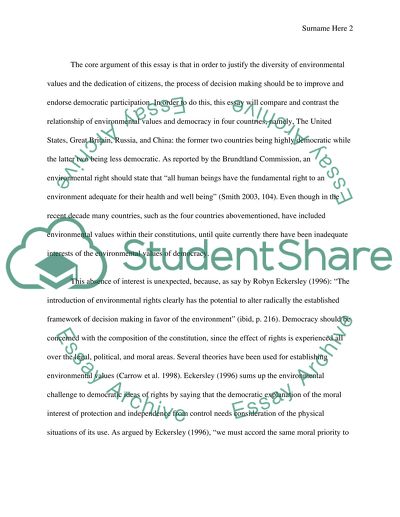Cite this document
(“Values and Democracy (Politics) Essay Example | Topics and Well Written Essays - 2500 words”, n.d.)
Retrieved from https://studentshare.org/macro-microeconomics/1424027-values-and-democracy-politics
Retrieved from https://studentshare.org/macro-microeconomics/1424027-values-and-democracy-politics
(Values and Democracy (Politics) Essay Example | Topics and Well Written Essays - 2500 Words)
https://studentshare.org/macro-microeconomics/1424027-values-and-democracy-politics.
https://studentshare.org/macro-microeconomics/1424027-values-and-democracy-politics.
“Values and Democracy (Politics) Essay Example | Topics and Well Written Essays - 2500 Words”, n.d. https://studentshare.org/macro-microeconomics/1424027-values-and-democracy-politics.


